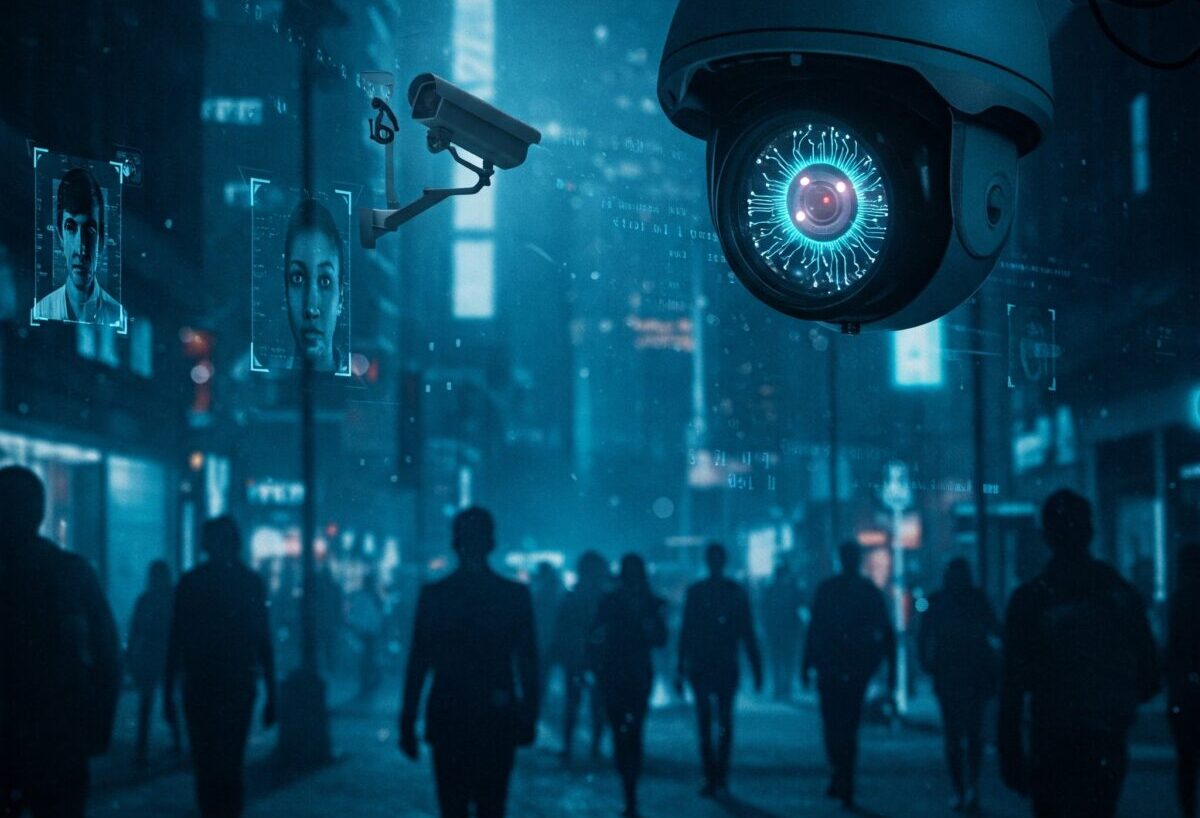The Digital Eye, and Our Future
We live in a world more and more transparent, a paradox of the digital era. On the one hand, technology connects us, informs us, makes our lives easier. On the other, it creates an echo of the data that follows us wherever we go, feeding surveillance systems based on artificial intelligence (AI) able to observe, analyze and anticipate our moves. This omnipresence of the IA, opens a debate is crucial: who protects us from the surveillance that is supposed to protect us? How do we balance the need for security with the fundamental right to privacy?
The AI: An Overseer, the Almighty?
AI, with its ability to process the amount of data that is unimaginable for a human being, has become a formidable tool for the modern surveillance. Facial recognition systems identify us in the midst of the crowd, smart cameras to analyse our movements, algorithms, as we have seen, may be suffering from bias algorithmic.
These digital eye are everywhere: in the streets, in stores, on social media, in our smartphones.
But why is this automated surveillance is so powerful? The answer lies in the ability of the AI to put together pieces of the puzzle are seemingly insignificant: a “like” on a social, an online purchase, a phone call, a post on a forum. The AI create detailed profiles on each of us, revealing the habits, preferences, relationships, and even, in some cases, our emotions.
The Double Edge Safety: the Promises and Dangers
The use of AI in the surveillance predictive has the advantages of concrete: prevention of crimes, searching for missing persons, protection of infrastructure. But this promise of safety has a price: the potential erosion of the freedom of the individual.
Imagine a city where every corner is controlled by smart cameras able to recognize faces, and follow every move. A similar system may deter unlawful conduct, but also food self-censorship distrust and social.
In addition, the algorithms are not infallible: may label you as a suspect who is not, the consequences of unjust and dramatic.
Privacy: A Fundamental Right in the age of Algorithmic
Privacy is not a luxury, but a fundamental right, enshrined in the laws and constitutions of many countries. Is the possibility of having a personal space, where we can be ourselves, without being observed and judged. But today, this space shrinks under the pressure of the surveillance algorithmicas also discussed in the context of the privacy digital.
AI, with its ability to collect and analyze data, can invade our privacy in ways that are new and challenging. Profiling and automated, for example, creates “digital portraits” of each one of us, and then utilized to propose advertisements, to evaluate our creditworthiness or even to decide if we are eligible for a job.
This invasion of privacy is not only a problem for the individual. Has social consequences profound. Can lead to discrimination, to manipulation, to a limitation of our choices, and our freedom.
Build a Future that is More Secure and Confidential: What are the Solutions?
The challenge is to find a balance: use the power of AI safety, without sacrificing our rights and our freedoms.
This requires an approach multifaccettato:
- Clear laws: We need laws that regulate the use of AI in surveillance, establish limits, and guarantees.
- Technologies, privacy-friendly: We need to develop systems of AI that protecting personal data, using techniques such as anonymization and privacy-by-design.
- Transparency and control: Users need to know how they are used and their data and have the right to access, modify or delete information concerning them.
- Awareness and participation: It is essential that public debate is wide and well-informed, involving experts, politicians and citizens, working together to define the future of privacy in the era of AI.
The Compass Ethics in order to Navigate the Future
The artificial intelligence has the potential to improve our safety, but we can not allow that to become a tool of mass surveillance. The compass ethics should guide the development and use of these technologies, putting you at the centre, the respect for privacy and the protection of fundamental rights. The future of freedom in the digital society depends on us.
